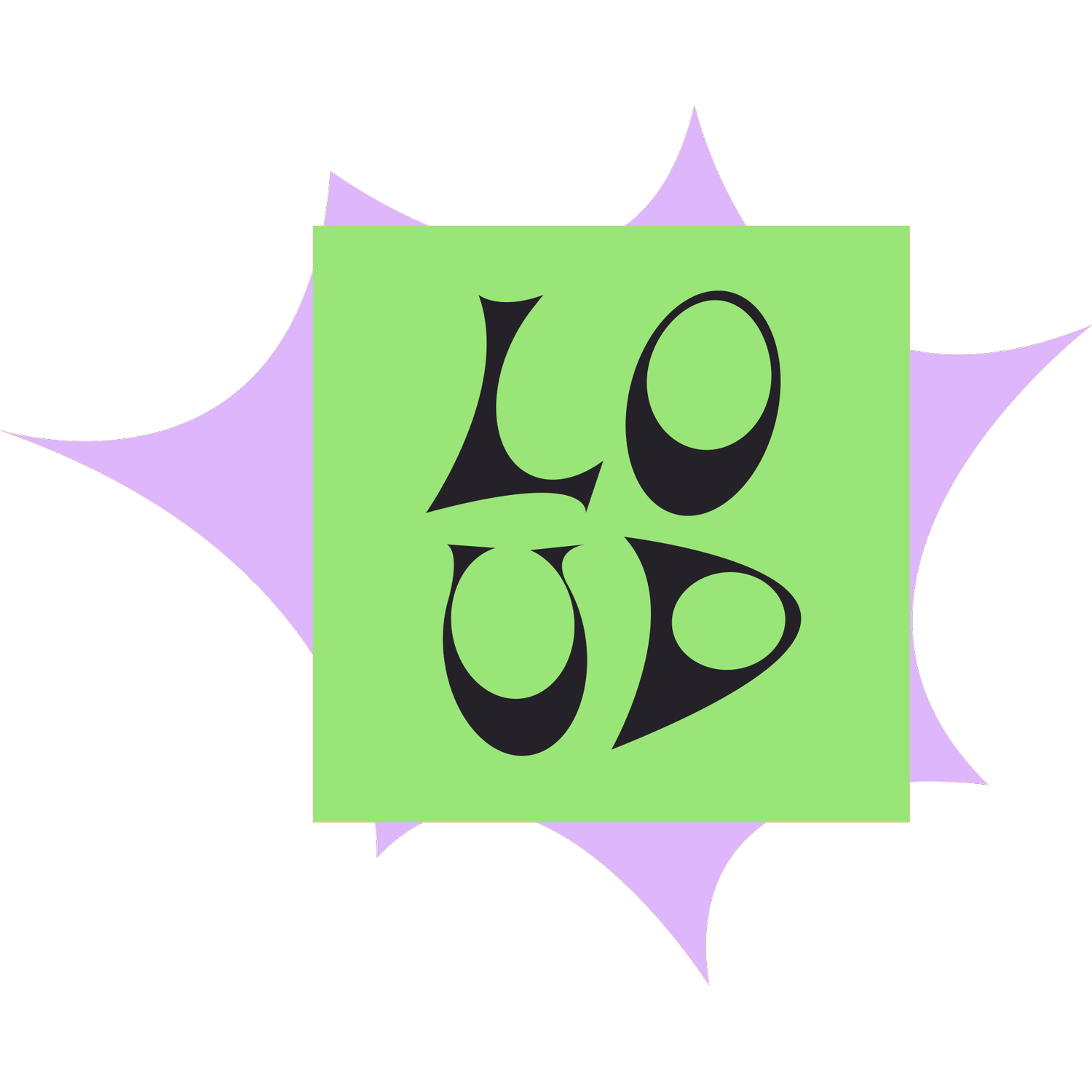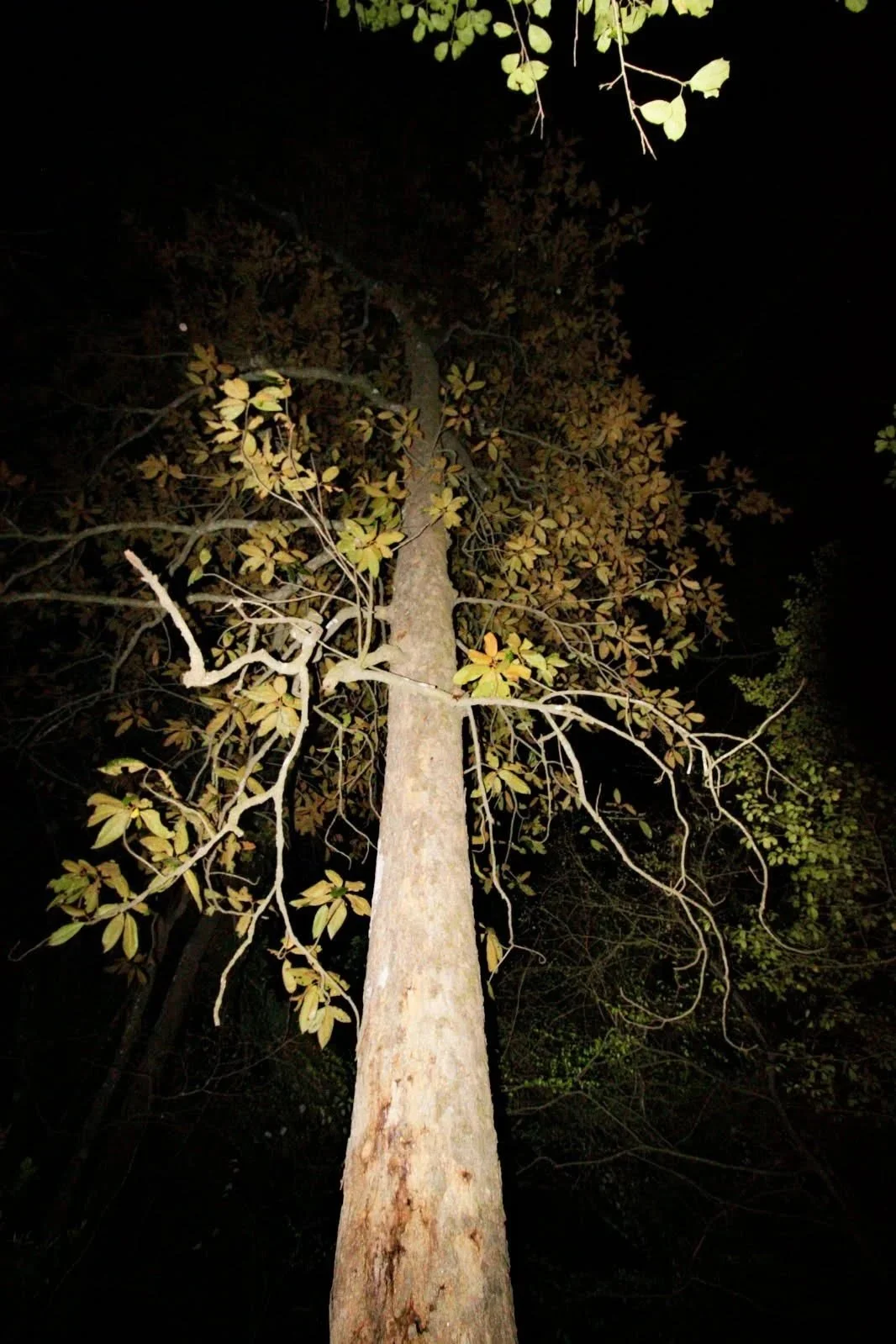Creative Compost
the Life/Death/Life cycle for artists
by Roney Lee Jones
Creative Compost is a concept that asserts no idea is ever truly lost if you know how to work with it. Some of you may already be familiar with the Life/Death/Life cycle but allow me to elaborate about how this applies to creativity, so we can have a shared understanding throughout this essay. The death that comes at the end of our lives is not the only death we experience. In fact, if death is a portal into another state of being then all of us experience any number of deaths over the course of our time on the planet. Entering adulthood is the death of adolescence. Becoming a parent is the death of our self as a solo-entity. Choosing to leave certain dreams behind in pursuit of others is a deeply transformative death. All of those experiences, and the many I have not named, are practice for that final death. Can we learn to surrender to the inevitable or will we thrash and cling onto what is ready to leave? As artists it is perhaps even more vital that we learn this lesson. In this essay I hope to reshape beliefs we have about the ideas that we do not bring to fruition. To learn to see them as deeply nourishing ventures with the power to initiate us more deeply into our soul's expression rather than proofs of failure.
Children know instinctively that things are constantly being created, destroyed, and refigured; in a singular play session an idea is born, dissolves, and is resurrected when it becomes helpful again. A stick becomes a sword to slay dragons with, that is, until a friendly dragon is found, then it becomes a tool to knight that dragon into their service! Somewhere along the way we come to believe our swords can only be used for one purpose, in fact, we forget it’s a sword at all, and it transforms back into a stick in our hands. For most of us this happens by the time we become a teenager. By that point most of us have lost something that we were unable to recover. We begin to realize that some things are truly permanent. Perhaps we lose a pet or loved one. A prized possession. Perhaps a cherished belief crumbles away. We learn to fear death, literally and figuratively, and want only life. When we approach these death portals in our daily life we try to resist them. Loss has become a tangible thing and if that is not acknowledged and processed a hypervigilance around preventing future losses. So instead of releasing what is ready to go, each creative death becomes a failure when in reality they are a natural and necessary part of the process.
So, what is compost and what does it have to do with lost ideas? In a literal sense compost is biological material that we as human beings can no longer use; coffee grounds, banana peels, paper, egg shells, etc. These materials still have components of life in them, but we can no longer consume them. In our society materials like this are often trashed; taken away by sanitation workers and left to rot in a landfill. Composting disrupts that pattern. It’s the way ancient cultures around the world dealt with waste, back when sustainability was second nature and not a buzz word.
Now, in a creative sense, compost is what is left over after an idea dies, escapes us, or is killed. These scraps still have life in them, even if they cannot be consumed all on their own. This is when we enter the spiral of the Life/Death/Life cycle of creativity: an idea sparks to life within us, somehow and someway the idea is “lost”, and so we lay the idea to rest and use the remnants of it to feed the next idea that comes along. That is how a healthy creative cycle looks but things get tricky in the Death part of this cycle. Sometimes we choose to “kill” an idea, either we recognize accurately that the idea is premature and can not stand on its own or our egos come and wrench the thing from our hands and bash its head against the stones screaming, “Not good enough!”. Sometimes we follow the thread as far as it will go and the idea naturally peeters out. Sometimes we cling onto a dead idea and completely stop the flow of creation. All of these outcomes are scary for the ego and distressing to our hearts. I do not want to encourage you to discount those truths, allow yourself to mourn the lost thing, feel the hurt, and then lay it to rest. It is easy to believe that these ideas are taken away to rot and perhaps sometimes that is true, but more often than not our souls will sneak in to squirrel the idea away in the dead of night. There is still something here. Something with value, even if it is dead. The soul will place it on top of our creative compost pile. I think this part of the process is largely unconscious. Our soul knows to do this without being told. And in time the spark of that idea will return to us in a new form as sacred fertilizer.
Our brains are not necessarily good at allowing our souls to do their work. Our brains see death and think that means “the end”, and to make things worse our brains are louder and faster than our souls. More demanding. When an idea takes root and begins to sprout the brain will try to will the sun into shining brighter, or the clouds to release their water on a set schedule. Our brain wants all our ideas to form like Athena; to spring fully formed from our minds and into full maturity. Some ideas do arrive this way, but most do not. And when an idea dies the brain counts this as proof of our inadequacy and chucks it in the trash with bitterness. If you feel as if it’s been a long time since you’ve raised an idea from conception to adulthood then your brain is likely winning its tug of war with the soul. It has evidence to prove its claim. But if you can calm the brain, reassure it, quiet it and take a step into the back yard you may find a little garden and a heap of ripe compost ready to be used.
You may need to begin much, much smaller. Your brain is demanding some evidence that you are capable of creating, and so you give it the task of a 100K word epic sci-fi novel, or to produce a 15 song album with an interlude, or pull your biggest canvas out of the closet and start brainstorming new colors. If that is the piece you need to create right now, so be it. But is it possible your brain is offering you those gargantuan tasks to set you up for more “failure”. Could you instead reach into your compost pile and grab a handful of oxygen rich dirt to sprinkle on a smaller sprout? Nature shows us that size and struggle do not denote tastiness or nutrition. A watermelon is not better than a blueberry because it requires more resources. A redwood is not more worthy than a birch because it reaches higher. The novel is not more rich than the essay (wink). What can you complete today, this week, this month? What evidence can you give yourself that things are working as they’re meant to? Just like in a real garden you do not only go out to kneel in the dirt on planting day and harvest time. Each day you tend to your crops. You weed, you water, you prune. If it’s been a while since you’ve exited the dwelling of your mind to go out back to the soul’s garden you may be surprised to see what's already growing. Or how much compost has accumulated.
Death is a natural part of life and of the creative process, and when you choose to embrace and celebrate that you will begin to see that after death comes new life. Compost is our proof of that. Don’t get stuck in the death cycle of the Life/Death/Life spiral. Keep following the flow and go out into the garden to see what’s taken root.

